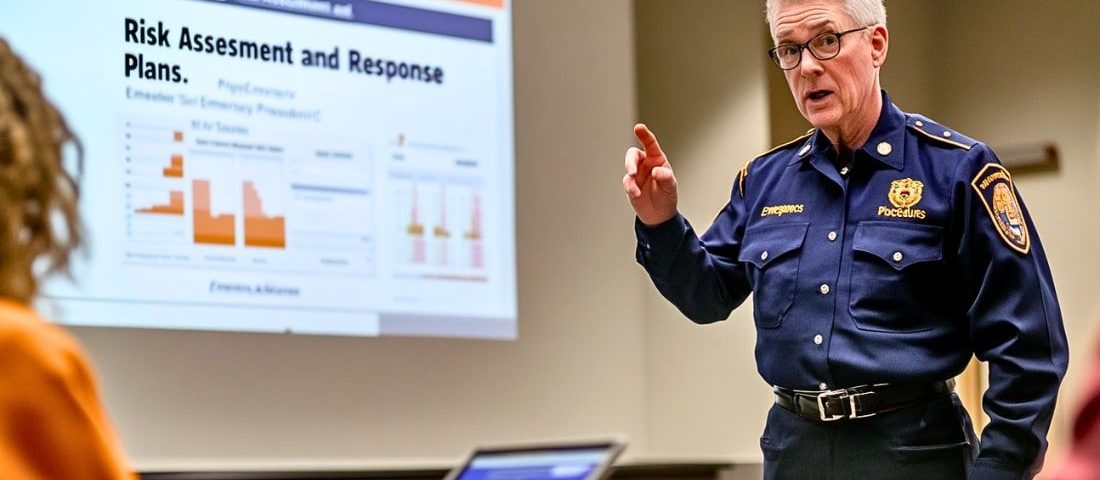Resident care is of paramount importance in senior living communities. Part of resident care involves responding to emergencies. Seniors may be more vulnerable to various emergencies, and senior living communities must have action plans for these situations. This post will cover how communities and staff can respond to an emergency in a senior living community.
Responding to an Emergency in a Senior Living Community
Assessing Risks
Emergency preparedness begins with understanding the risks your community may face. All senior living communities face health emergencies, but preparedness must also cover other emergencies, like natural disasters, power outages, fires, etc. Understanding the potential risks allows you to develop plans for each. Communities can also work with local officials and consultants to identify and prepare for risks.
Emergency Preparedness
Effective emergency response starts with planning. Create emergency procedures for various risks. Consider different medical emergencies, natural disaster plans, fire safety, etc. Develop evacuation plans, sheltering-in-place protocols, and more.
Assign specific roles and responsibilities to staff members to streamline responses. Install critical systems, including backup power generators, emergency alert systems, and reliable communication tools. Stockpile essential resources such as medical supplies, non-perishable food, and water.
Staff Training
Staff training is vital for emergency response procedures. Train employees on all emergency plans, including evacuation procedures, communication protocols, and managing residents during emergencies. Create response teams and assign clear roles to avoid confusion during emergencies. Provide specialized training such as first aid and CPR. It also helps to perform routine drills and simulations to ensure readiness.
Responding to Health Emergencies
Medical emergencies are among the most common risks in senior living communities. A quick and effective response can save lives and ensure better outcomes. Train staff to recognize common issues like stroke, heart attack, and respiratory distress. Investing in fall detection and emergency call systems can also ensure a faster response. Equip the facility with easily accessible medical supplies, including first aid kits, oxygen tanks, and automated external defibrillators. It is also essential for staff to immediately contact emergency services.
Fire Response
Fires require a well-coordinated response from senior living communities. Develop and mark escape routes, accounting for residents’ mobility needs. Train staff to assist residents with evacuations and assign teams to handle different areas. Teach the team to use fire extinguishers and other fire suppression systems. You can also have staff practice fire evacuations to ensure familiarity with procedures. Consulting a fire safety expert may also help prevent fires while ensuring preparedness.
Handling Natural Disasters
Natural disaster preparedness and responses depend on the risks in your region. Depending on where you are, you may face earthquakes, hurricanes, blizzards, floods, tornadoes, etc. Develop plans for the disasters that affect your region. Consider evacuation plans or shelter-in-place protocols. Keeping supplies and installing systems like backup generators can be helpful. Stay informed by monitoring weather alerts and government warnings. It may also help to hold disaster drills to prepare the staff.
The quality of your emergency response will largely depend on preparedness. Additionally, it is important to review emergency plans and update them as needed. Communities may also benefit from working with various safety and emergency consultants.
Convenient Senior Living Solutions Done Right!
Canopy Senior Living is Atlanta’s most trusted, experienced, innovative senior living management company! We dedicate ourselves to creating an excellent and caring environment for our residents and team members. If you’re interested in our services, message us by clicking here.
Thanks for visiting!

